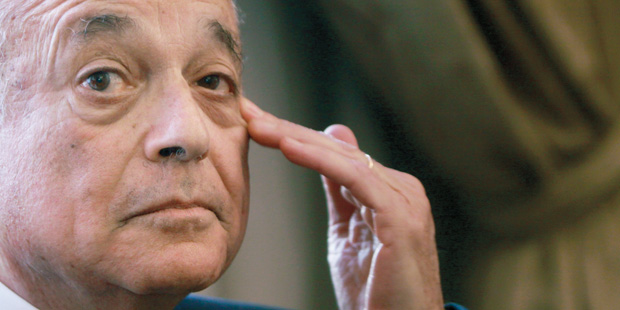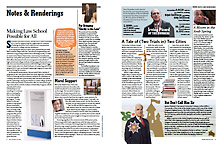A Bloom in the Arab Spring
Printer Friendly VersionIn the unprecedented turmoil produced by the Twitter revolution in the Middle East and Africa, Egyptian Nabil Elaraby (LL.M. ’69, J.S.D. ’71), a former judge in the International Court of Justice, has emerged as a confident leader. One month after the ouster of President Hosni Mubarak, the youthful opposition coalition behind the uprising proposed Elaraby as foreign minister. Accepting the appointment, Elaraby quickly proved popular among his people—while causing concern in Israel and the Western world—by reopening the border crossing between Egypt and Gaza, brokering the reconciliation of Palestinian factions Hamas and Fatah, and urging humanitarian intervention in Libya. But just weeks into this post, he was tapped again, to lead the 22-member Arab League as secretary-general, breaking a standoff that threatened Egypt’s leadership position in the region. “I am taking this difficult task at a time when the Arab nation is going through many problems,” Elaraby said in a speech. “This is the toughest assignment I will have.”
—


 Multimedia
Multimedia